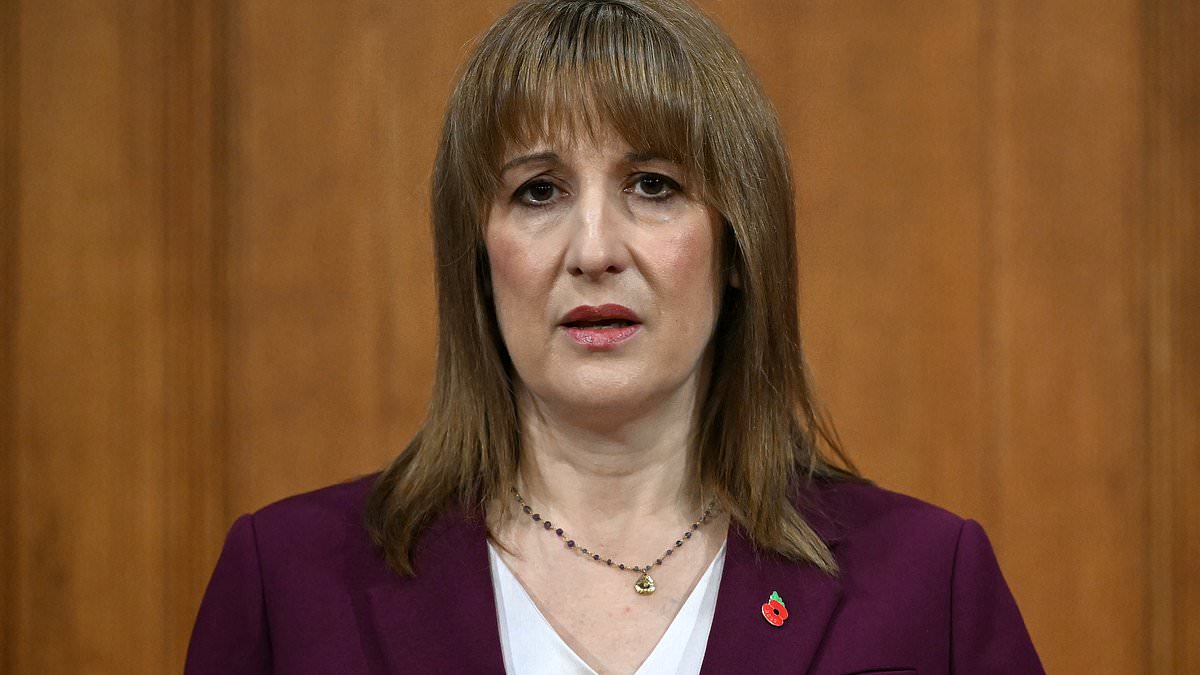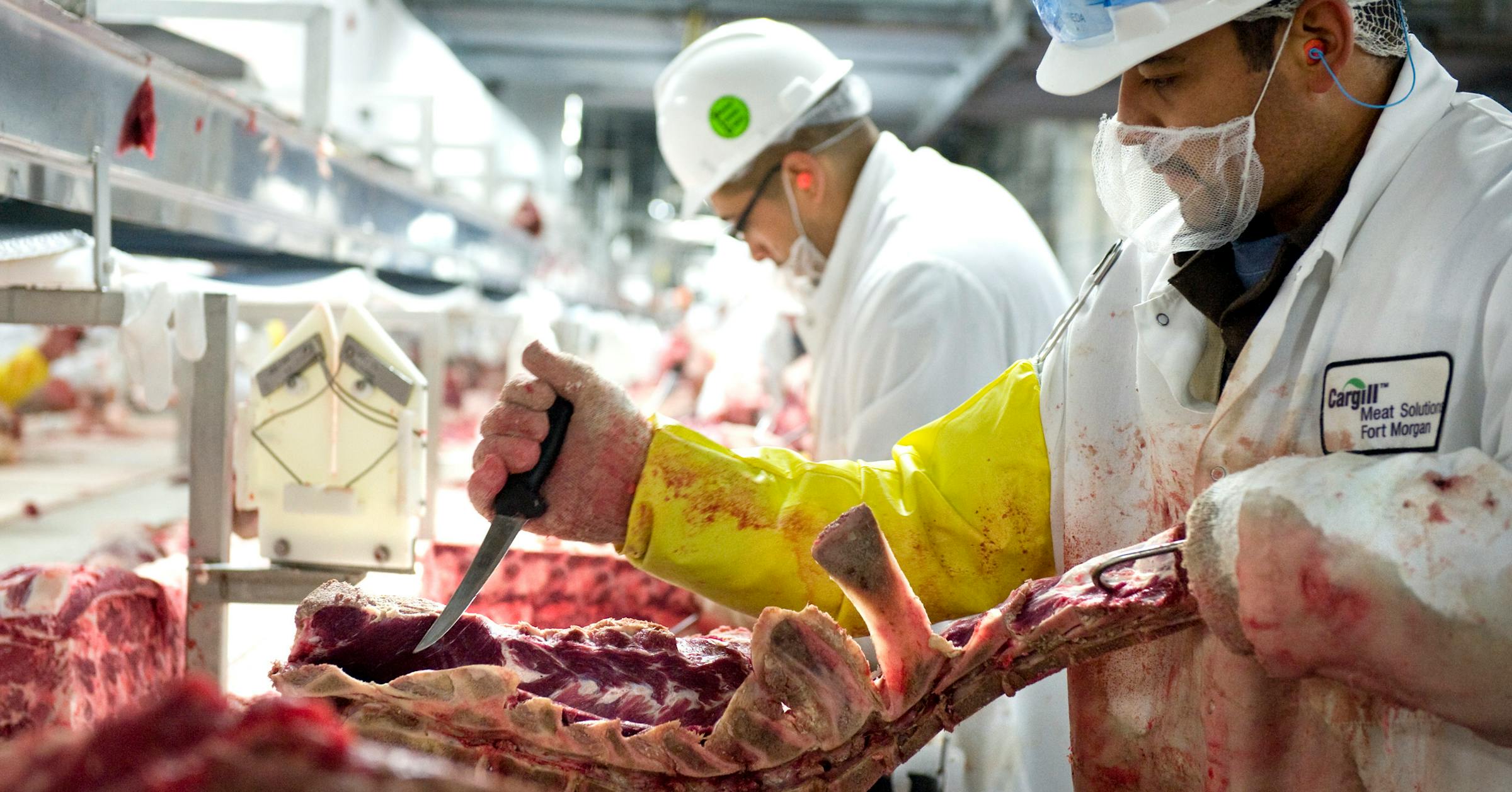Copyright dailymail

The Chancellor’s latest blame game speech places much of the responsibility for Britain’s dire public finances on others. Among the factors Rachel Reeves cited in her Downing Street address are Trump tariffs (even though the UK has a much trumpeted US trade deal), defence costs, bond rates and a productivity shortfall. That’s quite a list intended to prepare the nation for another startling tax raising Budget on November 26. Yes, the Office for Budget Responsibility’s lowering of the productivity and growth forecast is unhelpful in allowing the Chancellor to keep to the iron-clad fiscal rules she set herself. However, the notion that Britain and its commercial sector is somehow letting the country down needs revising. The UK’s private sector productivity is not that much out of line with the rest of the G7, except the US, and on some measures is better than the often greatly admired German economy. The fundamental problem in the UK is the surging size, low productivity and inefficiency of the public sector. The NHS – funded with an extra £29billion last year – is at the core of the nation’s problems. Instead of pouring ever more taxpayer cash into the Government sector, a bold administration would seek to end the public sector boondoggle and its unfunded defined-benefit pensions. Consultants EY estimate that lagging public sector productivity is costing £80bn a year. Overall, government employment, including the NHS, has soared by 600,000 staff since the pandemic. Much of the political rhetoric focuses on ways to trim the ballooning welfare budget. Labour so far has found it impossible and the Tories, who presided over the post-Covid explosion, are talking up cuts in the social safety net. The issue is far bigger than that. Britain has a high cost, over-employed and low voltage public sector which needs to be rolled-back dramatically. This last happened in the IMF crisis of five decades ago. The last thing required is another layer of confidence and investment sapping personal, wealth and business taxes. Breaking up Associated British Foods (ABF) and its controlling Weston family shareholders finally has come round to the view that the group’s two main enterprises – food, and retail in the shape of Primark – need their own identities. The process of doing the splits is well advanced. ABF chief George Weston is aiming for two London-quoted companies with Wittington, the family vehicle, the controlling shareholder in both. Primark, with its cheap and cheerful clothing, has spread out from its Irish roots to create a global market. Queues have formed outside its recently opened Kuwait store and the opening of a flagship store in Manhattan is still on the cards despite the baleful impact on prices of Trump tariffs on imports from China. In the heartland UK market, shoppers are saving rather than spending. That may get worse after the Budget. A Budget measure to impose a de minimis charge on China’s extreme online discounters Shein and Temu would come as huge relief. Primark is looking for a chief executive (and eventually a chairman) as it drives towards a London listing and needs to raise its game. Weston intends to lead the food arm. Focus is often on the swings and roundabouts of the sugar market, where ABF is a dominant force from farm to factory and the breakfast table. But ABF also is a big, branded-goods group with Mazola, the best-selling cooking oil brand in the US, Twinings Tea, Ovaltine, and specialist ingredients. GSK-Haleon shows a well-designed separation can release more realistic valuations. Food performance at ABF is overshadowed by Primark. Time for a change. Oil patchwork Murray Auchincloss is making a reasonable fist of stabilising BP after boardroom traumas and serial underperformance. Third quarter results came in stronger than forecast and boss Auchincloss was upbeat about new oil and gas projects. Debt is stubbornly high at close to £20billion but Auchincloss is promising disposals of £3.8billion, against £2.3billion, by the end of the financial year. Share buybacks continue. That should keep agitator Elliott at bay for the time being.



